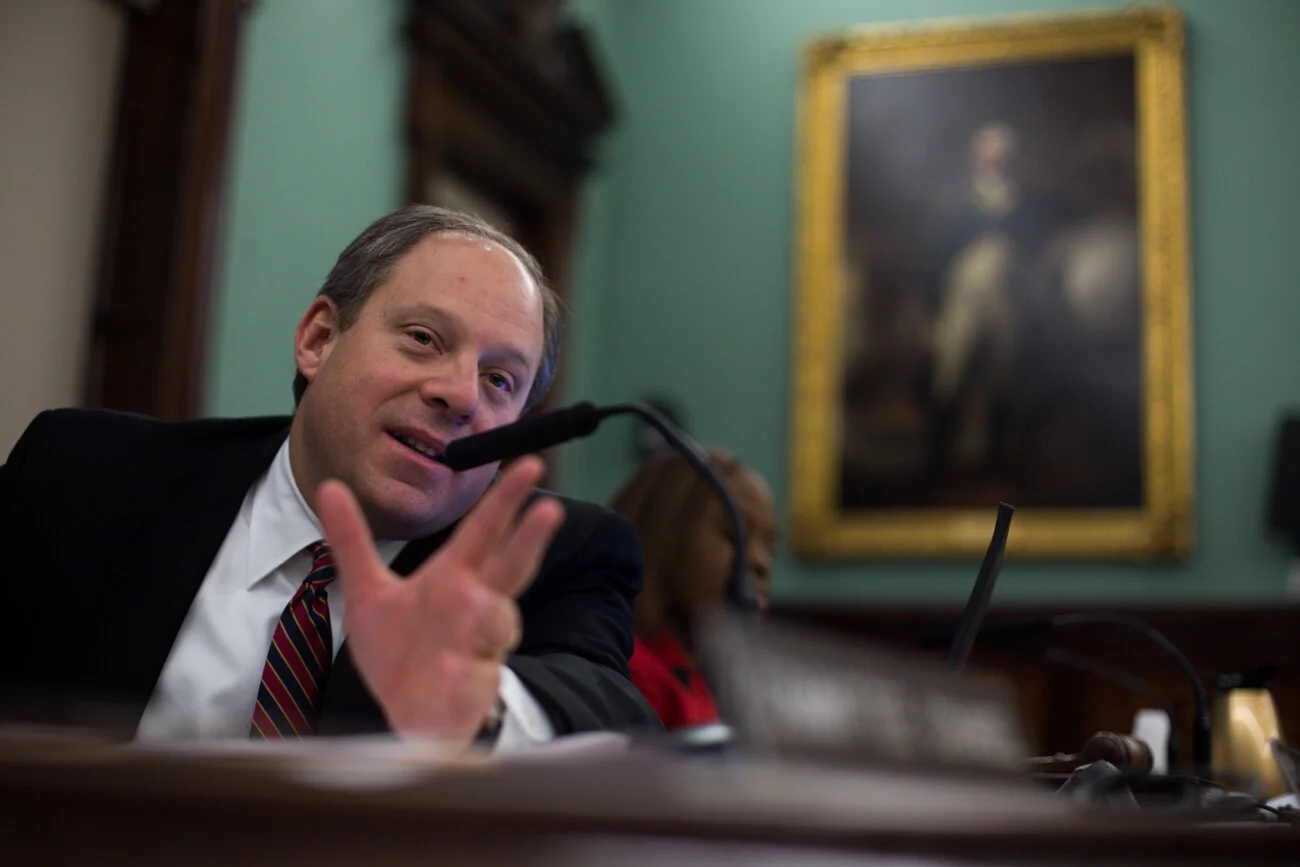Kew Gardens rezoning plan passes Council’s Land Use Committee
/Councilmember Lancman has vocally supported the rezoning plan. Photo via City Council
By Angel Torres
A rezoning application that would allow Kew Gardens Hills residents to make their single-family homes larger passed a vote in City Council’s Land Use Committee.
The application, which was initially put forward by 200 families, would allow for a higher floor-area ratio for Kew Gardens Hills homes and would allow nearly 400 homes to grow.
Currently, the Kew Gardens Hills zoning laws only allow the total floor area of a house to occupy half of the lot space it’s in. The new proposed zoning code, called R2X, would allow houses to go from a .5 ratio to the lot to .85, or 1.02 for houses with an attic. This would give homeowners the option to expand their homes 10 feet into their backyard and three feet on either side of their house.
Many residents feel that the old laws are restrictive and forced families to move out of the neighborhood. This is especially true for attorney Bernie Shafran, a 40-year resident of Kew Gardens Hills whose family is still growing. One of his four kids has six children himself.
“I want all my kids to live in this neighborhood, but it’s so difficult to convince them when the houses aren’t getting any bigger but the families are,” Shafran, 66, told the Eagle. “Currently, to expand your house, you have to apply, and it’s a long process. It’s not cost effective. So many people have moved out. They go to Five Towns or out of New York City where you can get a house that’s twice as big for less.”
Shafran was one of the people who supported the rezoning application. Michael, another resident who was also in support, was happy it got passed by the Land Use Committee.
“We got lucky because this house is pretty spacious, but I have friends who want to build houses and they want more space. Prices are so expensive and you’re only allowed to live on half of the property you’re buying,” Michael, a 42-year-old physician, said.
“It makes no sense. I’m hoping to stay in this house and pass it on to my three kids, but I need more space,” he continued.
Queens Community Board 8 sponsored the rezoning application since the application fee for rezoning is waived for Community Boards. It would have cost the 200 initial families, like Shafran and Michael’s, $500,000 in filing fees.
One of Community Board 8’s members, Edward Chung, stands against the plan. He voiced concerns that the opinions of some members of the community were being ignored and also expressed concern about increased cost of living after the rezoning.
“It is very expensive to live in Queens, especially if you start expanding buildings with less lot space for others who want to live in Queens,” Chung said, according to minutes from a CB 8 meeting in May.
Homeowners like Shafran aren’t bothered by the thought of increased house prices, however. Shafran said that although the prices might go up since the houses would be bigger, the demand is currently weak and nicer houses could incentivize demand.
“If the houses were permitted to be larger and worth more, the demand would go up. For the people already living in them, they would be getting their money’s worth by being able to expand a house that can be passed on to the youth that grew up here,” he said.
The application was voted to pass by almost every member on the Land Use Committee except for Rory Lancman and Antonio Reynoso who were both absent.
Lancman, a Queens councilmember, has been a vocal supporter of the rezoning plan.
“The Kew Gardens Hills rezoning allows for greater growth and density to accommodate the large families typical of the neighborhood, which will keep people from moving out of New York City,” Lancman said, according to The City.
The proposed rezoning will now go on to a City Council vote including all 51 councilmembers, and if passed, will be sent to Mayor Bill de Blasio’s desk, where it can be accepted or vetoed.




